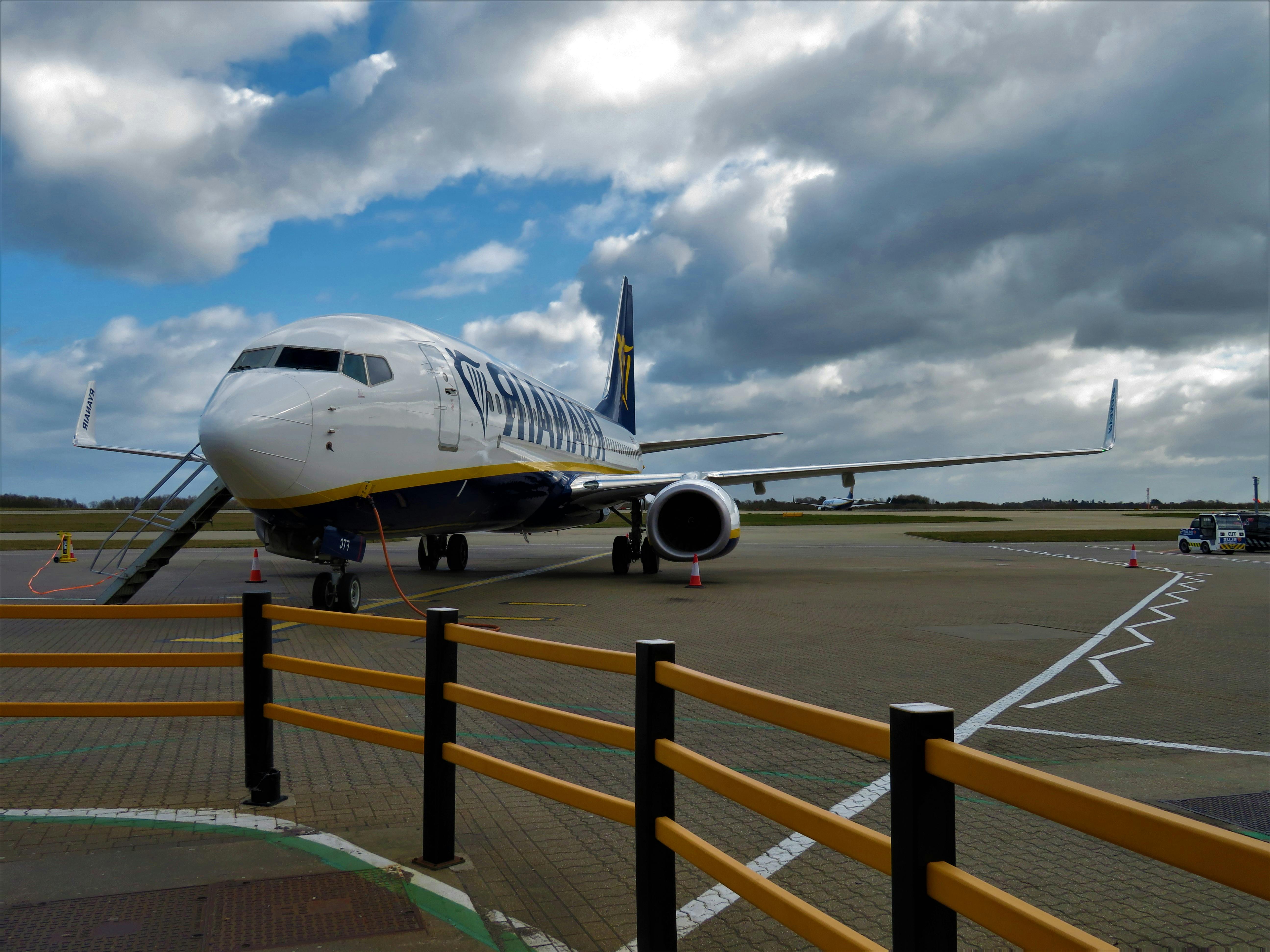There is ongoing controversy as to whether aspartame is responsible for causing headaches in people who ingest it. The FDA calls aspartame the most researched food additive ever approved.
While there have been multiple reports of users experiencing a sudden and severe onset of migraine headaches after using aspartame, studies conducted by various institutions seem to indicate that the link is not causal. The FDA says that it has received the results of more than 100 clinical trials and doxological studies, and upon review they have concluded that aspartame is safe for ingestion by the human population.
Following concerns in the late 1970s about saccharin, an artificial sweetener marketed as Sweet ‘n Low, the industry searched for an alternative product. Saccharin remains on the list of anticipated carcinogens, as it has been shown to cause cancer in animals; despite this, it remains a very popular sweetener.
Aspartame, marketed under brand names such as Equal and NutraSweet, was approved by the FDA in 1981 and is present in many diet drinks, foods, and chewing gum, as well as being heavily marketed as a tabletop sweetener.
Aspartame is frequently used by dieters who want to reduce their sugar intake. As a very low calorie product, it has found favor with calorie counters around the world.
Over the last decade, many reports of adverse effects have been made by users of aspartame, particularly in the case of migraines. Patients who reported severe headaches after consuming aspartame participated in an in-depth study under the auspices of Duke University Medical Center.
Dr. Susan Schiffman conducted the study; with Monsanto/NutraSweet making a contribution to the costs. NutraSweet, you’ll recall, is a brand name under which aspartame is marketed. The researchers evaluated 40 patients with aspartame-related headaches.
Some study subjects received a dose of 30 mg/kg body weight on days three and five of the double-blind study. Others received a placebo. Of the volunteers who participated in the study, 35% of those who consumed aspartame developed headaches, but 45% of the placebo group developed headaches.
There has been frequent criticism of the study due to its short term and sub-optimal conditions. The researchers respond by stating that all CDC guidelines were met, so the results were valid.
These study results, which were published in the New England Journal of Medicine, stated that there was no correlation between aspartame consumption and migraines (1).
Allegations that aspartame promotes migraines are numerous on the Internet. Researchers have conducted more than 200 studies to assess the safety of aspartame, looking at everything from lymphoma to epilepsy. It is completely harmless, in the opinion of the FDA.
The European Food Safety Administration published a review indicating that aspartame had caused lymphoma in laboratory rats, but since no other study had shown similar results, it concluded that its study was flawed and declined to raise concerns about aspartame (3). ).
After evaluating nearly half a million men and women ages 50 to 69 over a five-year period, the US National Cancer Institute concluded that there was no evidence linking aspartame consumption to lymphoma, leukemia, or brain tumors (4).
The Scientific Committee on Foods conducted a comprehensive review of more than 500 documents on the subject of aspartame and concluded that concerns about aspartame causing any adverse reactions were unfounded (5).
Proponents of aspartame use have expressed concern that the “aspartame headache myth” may cause people to overlook serious medical problems and that blaming aspartame for migraine headaches may put people with migraine headaches at risk. more serious health problems. People who suffer from frequent or migraine headaches should always see their doctor, regardless of what they perceive to be the cause.
The medical community says that people with migraines who stop drinking aspartame-sweetened foods and beverages and experience a cessation of symptoms are experiencing an ingrained form of reaction: They strongly believe that aspartame is the cause of their symptoms, so the Absence of aspartame causes the pain to cease.
This is also expected to work in reverse: If they think drinking an aspartame-sweetened beverage will give them a headache, they’ll proceed to develop one, a theory supported by the placebo group results in the Duke trial.
This has not been proven beyond doubt; to date there has been no medical evidence to substantiate suggestions that aspartame consumption will trigger a migraine. At the time of writing this article, the Duke Study is considered the most authoritative on the subject.
(1) New England Journal of Medicine Volume 317:1181-1185 November 5, 1987
(2) CFSAN/Office of Food Additive Safety April 20, 2007
(3) EFSA conclusions (website available on request)
(4) Scientific Affairs Council (1985) Aspartame. Review of security issues.
(5) Findings of the Scientific Committee Website available on request
